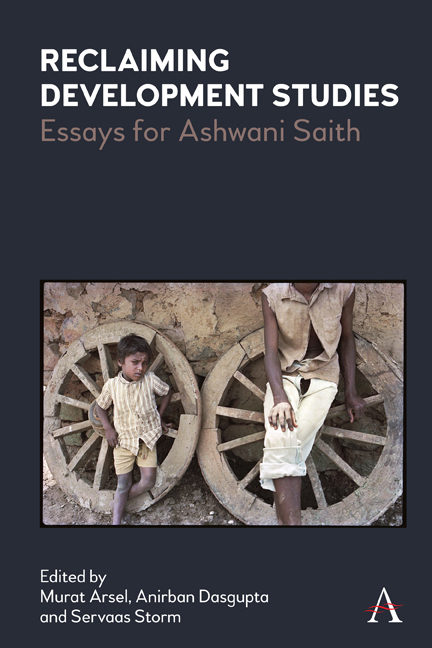Chapter Six - Making People ‘Surplus Population’ in Southern Africa
Published online by Cambridge University Press: 23 February 2022
Summary
Introduction
Unemployment has become a divisive and sometimes violent political issue in southern Africa. Governments are beset with demands for decent wage work in both rural and urban areas. Competition for jobs has inflamed anti-migrant politics and led to individual assaults or mob violence against migrants, including against those from neighbouring countries who for generations have been crossing borders for work. In South Africa the houses and shops of migrants have been repeatedly burned and pillaged and foreigners attacked, accused of having appropriated the jobs and public services that citizens claim. Angry demands for jobs are comprehensible in a country like South Africa where close to half of the working age population is considered to be unemployed, where the displacement of black people from their land to crowded and marginal reserves was a continuous process during all but the last decade of the twentieth century, and where the size of densely inhabited peri-urban settlements has increased dramatically since the end of apartheid. Demands for wage work also arise elsewhere, however, in rural communities where the great majority of people have access to land for small-holder farming and depend on it for at least part of their everyday subsistence.
In this context, the concept of ‘surplus population’ has been used in scholarly, policy and popular discourse to refer to those who want waged jobs but cannot find them. Surplus is a relational concept; people are surplus in relation to something else. But surplus is also an evaluative dichotomous term that focuses on the characteristics, often negative ones, of those who are surplus compared with those who are not. Aware of such pejorative connotations, liberal scholars often put the term between quotation marks and concentrate on documenting the positive characteristics of those excluded, such as their exercise of personal agency and their ingenuity in the face of the menaces they confront. The concept of surplus population is also part of the Marxist lexicon, but Marxist scholars generally define the meaning of the term as surplus relative to accumulation of capital and thus write ‘relative surplus population’ – an awkward mouthful in debate. Their theoretical focus is two-fold: explaining the conditions under which the state of being surplus arises, which in Marxist theory appear to be inherent in capitalist production; and determining the relation of different fractions of the population made surplus to the process of accumulation.
- Type
- Chapter
- Information
- Reclaiming Development StudiesEssays for Ashwani Saith, pp. 113 - 130Publisher: Anthem PressPrint publication year: 2021



